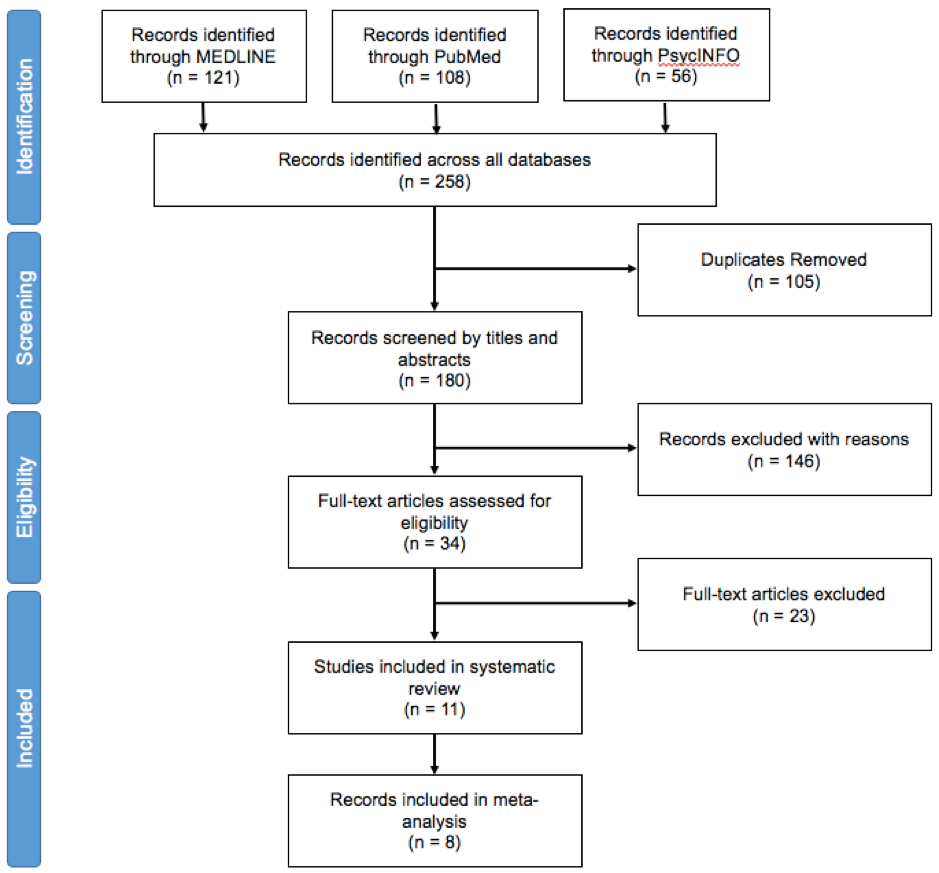Session Information
Date: Sunday, October 7, 2018
Session Title: Huntington's Disease
Session Time: 1:45pm-3:15pm
Location: Hall 3FG
Objective: To review existing literature on speech function in Huntington’s disease (HD) across the disease spectrum.
Background: Impairment in speech production affects the majority of people with HD. Yet, the clinical characteristics of speech deficits, how the brain regulates speech in HD, and the implications of these deficits in premanifest-HD (PrHD) individuals remain unclear.
Methods: Three databases (MEDLINE, PubMed, Specify) were comprehensively and systematically searched between 1950 to March 2018.
Results: Thirty-four full-text articles on speech production in HD were reviewed, of which 11 studies with 517 participants were included for statistical analysis. Eight of the eleven studies were included in the meta-analysis. Results from acoustic analysis of speech in the included studies reported consistent speech deficits in people with PrHD, stemming from significantly reduced motor speech control, respiratory support, and voice quality. Over the course of HD, speech gradually worsened in most subsystems of speech including phonation, respiration, resonance, and prosody. However, distinct patterns of speech deterioration and their severity in manifest-HD remain largely unknown due to the heterogeneous nature of the HD groups reported in the reviewed studies. For the same reason, conflicting findings were reported on the perceptual features across studies.
Conclusions: The motor speech control and respiratory systems appear to be the most vulnerable aspects of speech production, subtly deteriorating prior to disease onset in PrHD. While speech impairment is evident as the disease progresses, the phenotype of speech symptoms in manifest-HD is poorly described. Descriptions of speech deficits in HD vary across studies depending on study design and cohort features. Our current understanding of speech in HD also relies on small prospective cohort studies rather than longitudinal studies. Natural history studies documenting changes in speech from premanifest to end stage may assist in building evidence for selection of appropriate intervention targets, as well as the use of speech as a marker of disease onset and treatment response in HD.
To cite this abstract in AMA style:
J.C.S. Chan, A. Vogel, J. Stout. Speech in Huntington’s Disease [abstract]. Mov Disord. 2018; 33 (suppl 2). https://www.mdsabstracts.org/abstract/speech-in-huntingtons-disease/. Accessed December 27, 2025.« Back to 2018 International Congress
MDS Abstracts - https://www.mdsabstracts.org/abstract/speech-in-huntingtons-disease/

